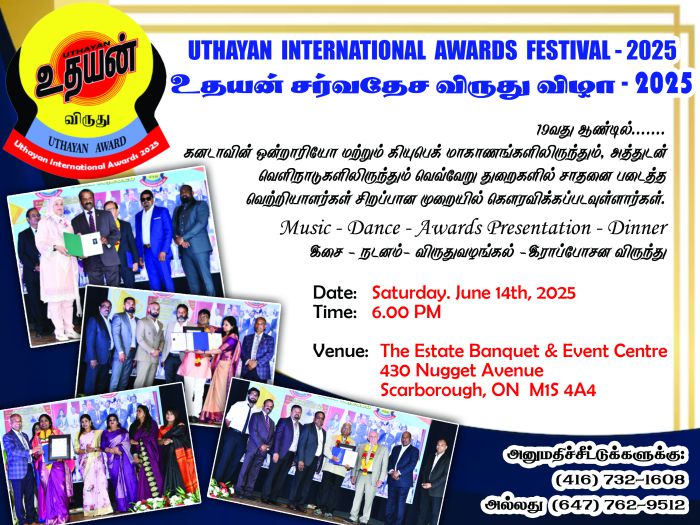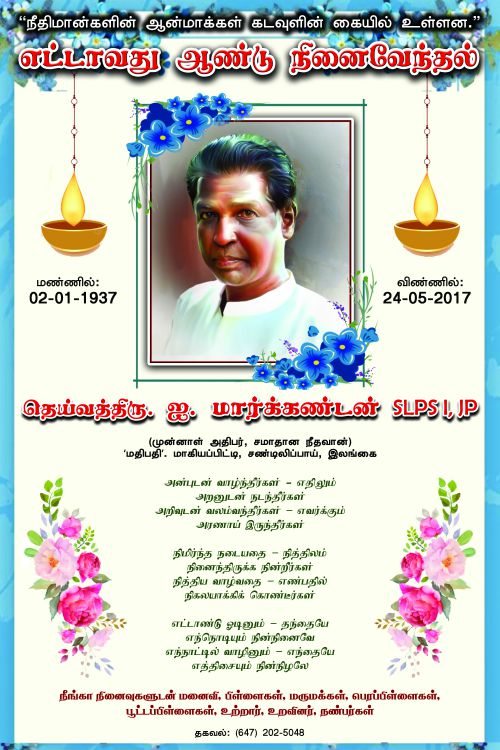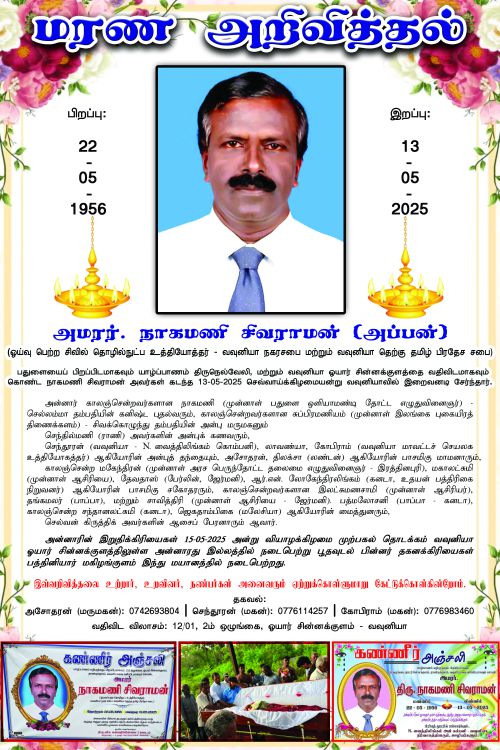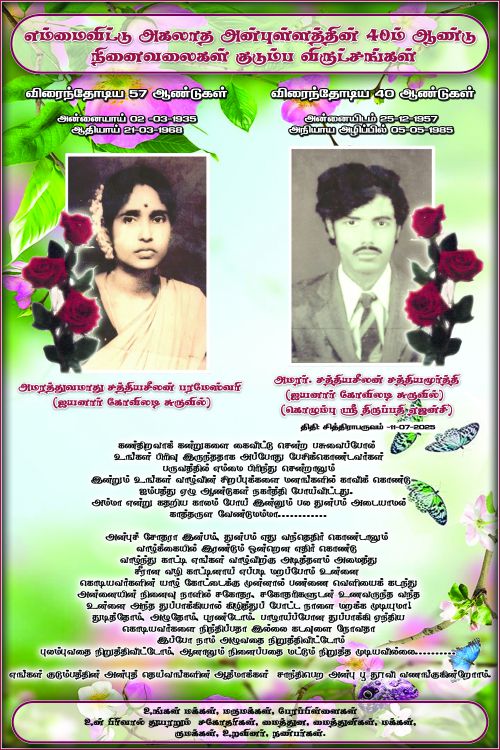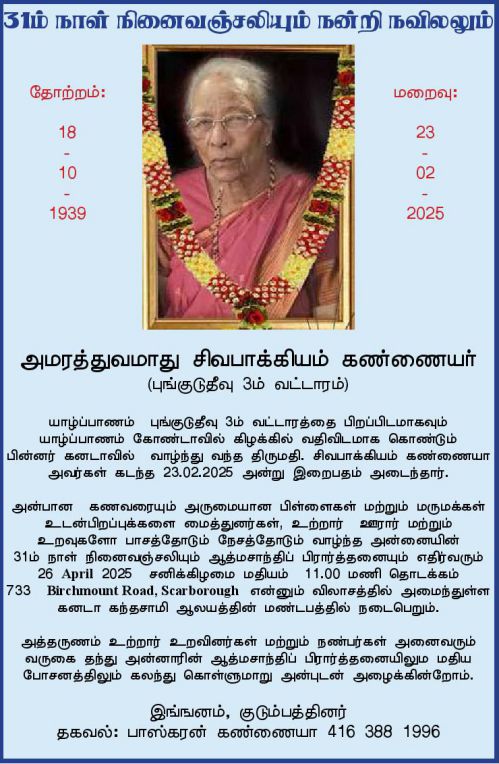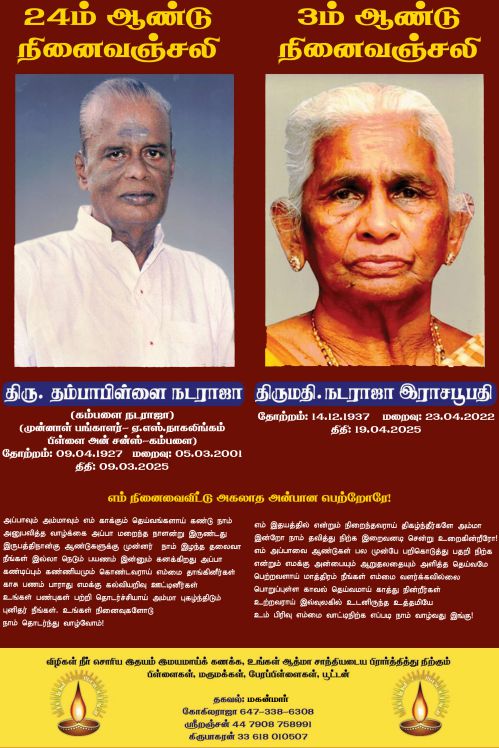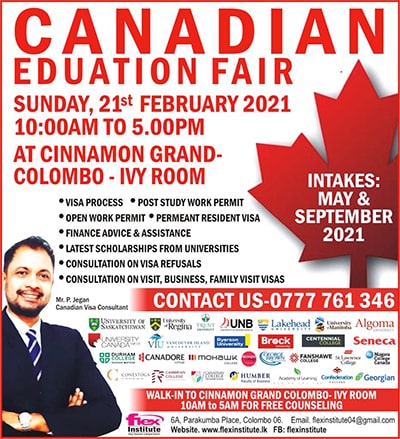Sri Lanka is known for offering soaps whenever it comes under pressure from the UN or other international bodies such as the IMF and World Bank.
And, now as the next session of the UN looms large in September, the government has repealed the anti-LGBT+ laws. Those laws were part of the Emergency legislation.
Nearly 70% of Sri Lankans say LGBT persons face discrimination by police because they are LGBT while 60% of Sri Lankans state renting their house to an LGBT person would be a problem according to Equality Index website www.equaldex.com

While Sri Lanka’s economy is crippled, GSP+ benefits are of paramount importance to it as a means of foreign exchange and saving thousands of jobs in the Free Trade Zone the benefit offered mainly by European nations and the United States comes with strict and tighter regulations.
The European Union in its report of 22 July 2022 on Sri Lanka has demanded the assurances given to it be honoured.
“The EU expects the new Government to work in full compliance with its GSP+ commitments”
GSP+ known as trade concessions and tax benefits shall be awarded for upholding human rights, gender equality, and safer workplaces among others as a quid-pro-quo for availing those benefits.
Coming under severe political and economic pressure, the ‘backdoor’ Executive President Ranil Wickremesinghe has come forward to negate provisions that allowed the police and military to act against the LGBT+ community. The executive order which came into effect earlier this month is seen as a climb down under the guise of upholding human rights.

In a nation deeply polarised on grounds of religion and ethnicity, a Buddhist majority ‘racist’ society dominated government thinking and public policy on matters of personal choices including sexual orientation like the marginalised LGBT+ community and such relationships were frowned upon by the hard-line elements.
According to Arithe Wickremesinghe a member of the LGBT+ community, ‘the punishment for homosexuality is worse than Saudi Arabia’. As such, the community constantly lived under threat and fear.
The UN special rapporteur Tomoyo Obakata in his 2022 report on contemporary slavery stated, ‘A clear condition given to ‘Decriminalize sex work and consensual same-sex relations in order to reduce the risk of exploitation and abuse’.
Section 365 and 365A of Sri Lanka’s highly controversial constitution criminalise ‘carnal intercourse against the order of nature between man, woman and animal’ and ‘any act of gross indecency’ respectively. The repeal, though not for the entire legislation, has come about just as the gates open for the United Nations team visit.
‘As in previous years, a team from the Office of the High Commissioner for Human Rights (OHCHR) will conduct a visit to Sri Lanka for consultations with the Government and other stakeholders to discuss the human rights situation in preparation of the Report on Sri Lanka that the High Commissioner will present to the Human Rights Council session in September’ the United Nations Sri Lanka Office based in Colombo has said.
Human rights organisations have constantly demanded these specific acts ought to be repealed. Many countries have decriminalised same-sex relationships ‘calling them a matter of personal choice and in some cases aberration of the human anatomy’.
The United Nations Committee on the Elimination of all Forms of Discrimination against Women issued a landmark judgment on 23 March 2022 urging Sri Lanka to repeal these forms of statutory legislation.
“Being persecuted for sexual orientation or gender identity has no place in our world today” global human rights organisation Amnesty International said about Sri Lanka’s LGBT rights situation. New York-based Human Rights Watch concurred with Amnesty’s stand and called for the law to be repealed urgently as ‘its outdated and discriminatory law’.
Recently the parents of a 22-year-old lesbian woman filed a case against her to get her mentally ill, which was thrown out by the court. However, this sparked the debate to decriminalise laws that are against the LGBT+ community.
The Court promptly acknowledged ‘that homosexuality is neither a disease of the mind nor a criminal offence under the Penal Code’
A recent OCHR report found criminalisation of same-sex sexual activity breached rights of a LGBTI activist.
The EU has made it clear that commitments given to obtain GSP+ have to be honoured by Sri Lanka and for a country that’s in deep economic mess to ignore the commitment would spell disaster.
















